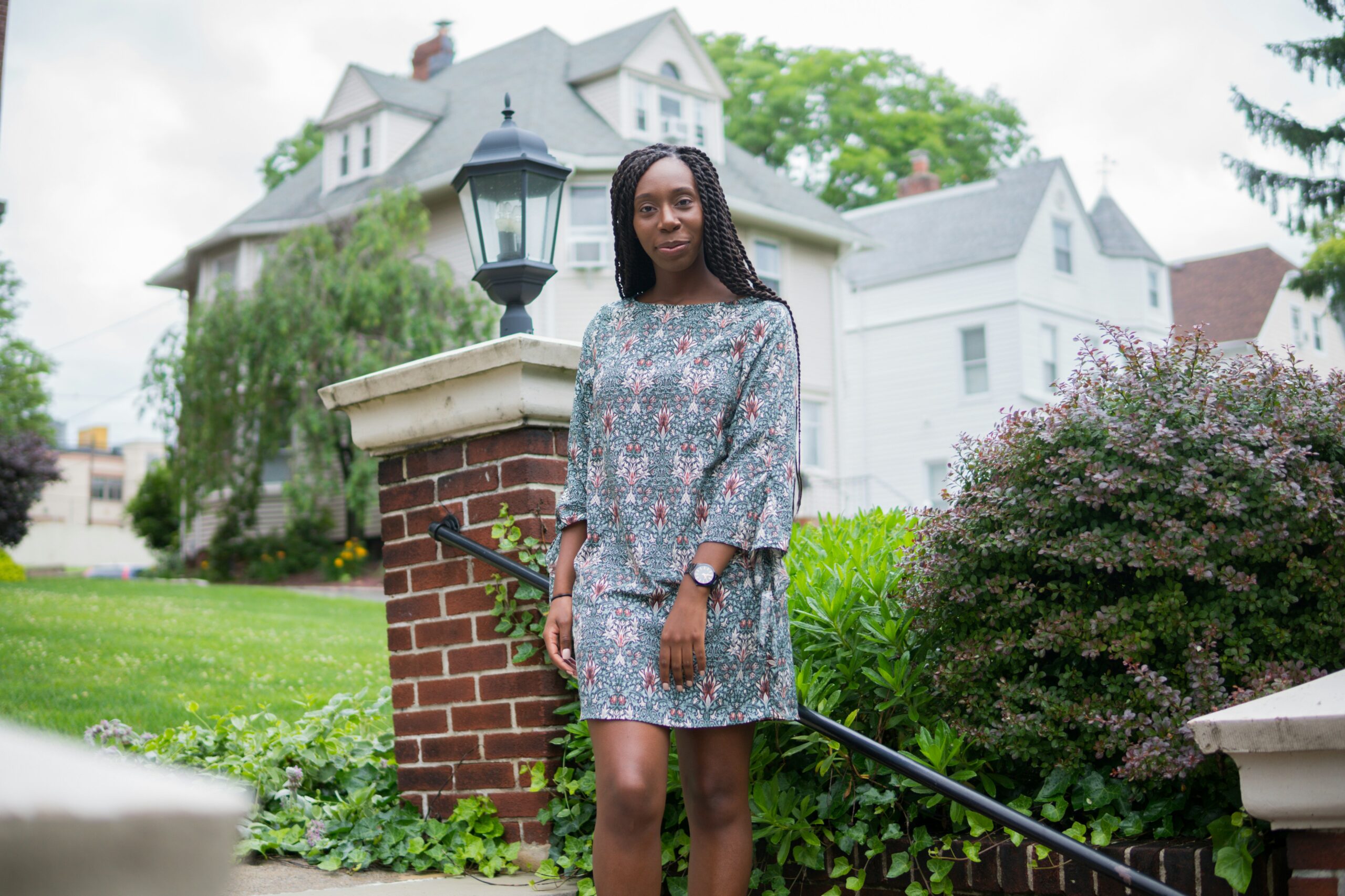One of the latest conversations stirring social media pits two aesthetics against each other: modest versus provocative dressing. At the heart of it lies a question that goes deeper than just clothes. Who are women really dressing for?
Modesty Isn’t Always What It Seems
When people hear “modest dressing,” they often think of long skirts, covered shoulders, and a more demure appearance. This style has historically been praised as “classy” or “respectable,” and in some spaces, it’s viewed as the more “appropriate” way for a woman to dress.
But the twist is not all modest dressing is purely for the sake of personal values, spirituality, or even empowerment. Some critics argue that modesty can still cater to the same societal expectations as provocative dressing, specifically, those shaped by the male gaze.
If you’re covering up because you’ve been taught that “good girls don’t show skin,” or that you’re only worthy of respect if you present a certain way, then your choice, though wrapped in fabric, might still be rooted in external validation.
The male gaze isn’t just about leering or objectification. It’s about viewing women through a lens of desirability, obedience, and control. It’s not just about what’s revealed, but also about what’s concealed and why.
Some women online have pointed out that modesty can be weaponized to uphold patriarchy just as much as hyper-sexualization can. It’s a form of “respectability politics” that says, “If I dress this way, you’ll take me seriously. I’m not like “those” girls.” But that still centers men’s opinions, doesn’t it?
Why Women Choose Modesty
Many women do choose to dress modestly for deeply personal reasons. For some, it’s a form of self-respect, a reflection of faith, a cultural tradition, or simply an aesthetic preference. For Black women especially, modesty can also be an act of resistance as an intentional detachment from a world that’s often quick to oversexualize us from a young age.
Still, that doesn’t mean we should ignore the why behind the choice.
Are you dressing modestly because you genuinely feel powerful that way? Or are you trying to prove something to society, your parents, a partner, or even strangers?
The idea that one way of dressing is “better” than the other is a tired narrative that pits women against each other. Whether you’re in a turtleneck or a crop top, the focus should be on autonomy, not assumptions.
Both modest and provocative dress can serve the male gaze or completely reject it. It all comes down to intention.
Can Dressing Modestly Be for the Male Gaze?
Yes, if it’s rooted in shame, fear, or a desire to appease societal expectations. But it can also be a deeply personal, empowered choice. Just like provocative dressing isn’t always about attention, modesty isn’t always about virtue.
At the end of the day, there’s nothing inherently wrong with dressing for approval, for aesthetics, for comfort, or for yourself. But the key is knowing which one you’re doing and why.
